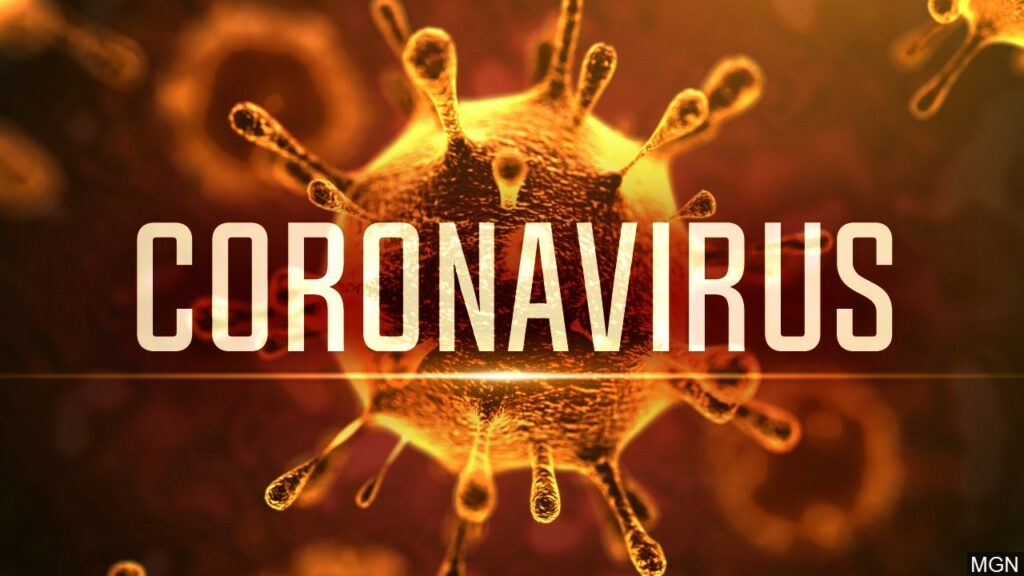
Our eyes play an important role in the spread and also the prevention of the new coronavirus outbreak threatening a number of countries, including the United States.
To reduce the risk of contracting the coronavirus, avoid touching your eyes, nose or mouth with unwashed hands.
The World Health Organization (WHO) also recommends protective eyewear, among other precautions, if you will be near someone with the new virus for an extended period.
What is coronavirus?
The most recent type of coronavirus, called “SARS-CoV-2” was first detected in December 2019 in the Chinese city of Wuhan and causes a disease known as COVID-19, which can lead to severe respiratory infections including pneumonia. Those affected experience symptoms such as fever, cough, shortness of breath or conjunctivitis, which can appear between 2 and 14 days after being exposed to the virus. Patients can transmit the virus even before experiencing symptoms.
The most severe cases can lead to death. This is the seventh known type of coronavirus, according to the Centers for Disease Control and Prevention (CDC).
IF YOU’RE NOT FEELING WELL Call your primary care doctor. Don’t show up at the office or emergency room without speaking to them first. As with other extremely contagious diseases, you don’t want to expose everyone to anything you might have.
How is the new coronavirus related to your eyes?
It’s thought that COVID-19 spreads from person to person mainly through airborne “respiratory droplets” produced when someone coughs or sneezes, much like the flu virus spreads, the CDC says. These droplets can land in the mouths, noses or eyes of people who are nearby, or possibly be inhaled into the lungs.
Many reports of coronavirus cases involve symptoms of conjunctivitis, or “pink eye” in those effected. Others have reported swelling in their eyes as well as discomfort while blinking and dry eyes.
Transmission of the new coronavirus comes with so many different variables, and is thought that it can spread through hand-to-eye contact, according to researchers at SUNY Upstate Medical University in Syracuse, New York.
How contagious is the new coronavirus?
Currently, it’s not known how “easily or sustainably” the virus spreads from person to person, however, if you are at higher risk of getting very sick from COVID-19, the CDC recommends that you:
- Take everyday precautions to keep space between yourself and others.
- When you go out in public, keep away from others who are sick, limit close contact and wash your hands often.
- Avoid crowds as much as possible.
Who is at higher risk of contracting the new coronavirus?
Early information out of China, where COVID-19 first started, shows that some people are at higher risk of getting very sick from this illness, the CDC says. This includes older adults and patients who have serious chronic medical conditions like:
- Heart disease
- Diabetes
- Lung disease
How can you decrease your risk of contracting coronavirus?
The U.S. Department of Health offers these tips for prevention of the coronavirus:
- Wash your hands often with soap and water for at least 20 seconds. This is especially important after coughing or sneezing, before and after caring for a sick person, and before fixing or eating food. If soap and water aren’t available, use an alcohol-based hand sanitizer. It’s especially important to wash your hands after coughing and sneezing.
- Cover your nose and mouth with a tissue when you cough or sneeze, and then toss it in the trash.
- Avoid touching your eyes, nose or mouth with unwashed hands.
- Avoid close contact with people who are sick.
- Clean and disinfect frequently touched surfaces and objects, such as toys and doorknobs.
- Stay home when you’re sick, except when you require medical care.
- Wash your hands after coming in contact with animals, and after visiting farms, markets, barns, petting zoos and agricultural fairs.

